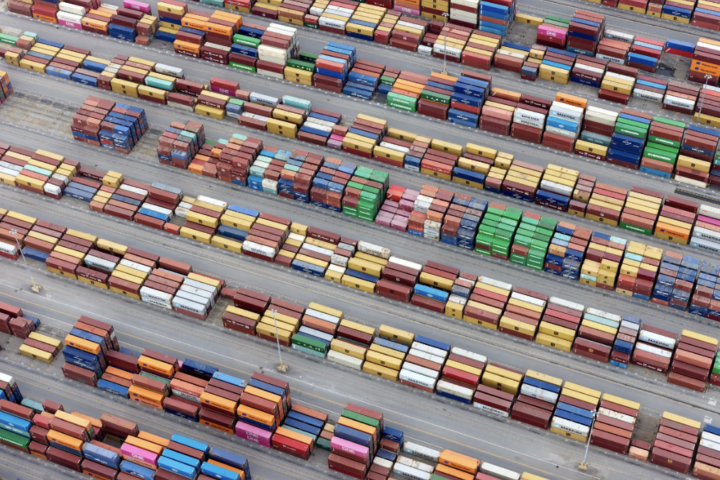In both Europe and North America, the populist politics of the last decade have closely tracked the issue of immigration. In 2016, Donald Trump pledged to build an impenetrable border wall to prevent illegal immigration to the U.S. More recently, in 2022, the Italian premier, Georgia Meloni, was elected on a promise to crack down on migration from across the Mediterranean. In the Netherlands last year, Geert Wilders and his Freedom Party won a plurality of seats in that nation’s parliament: he has called for the Quran to be banned in Holland.
Easily the strangest manifestation of anti-immigrant rhetoric, however, has come in the United Kingdom., where a surge of asylum-seekers clandestinely traveling by boat across the English Channel has strained government resources and infuriated voters. The country’s Conservative government, led by Prime Minister Rishi Sunak, has attempted to strike a deal with Rwanda, an African state with a penchant for meddling in its neighbors’ affairs and which has spent the last thirty years recovering from the devastating 1994 genocide in which as many as 800,000 were killed, to process its asylum claims. If these asylum claims were to be approved, migrants would stay in Rwanda.
The U.K. has paid £250 million to Rwanda (2% of that nation’s GDP) to cleanse its hands of the migrant problem, presuming that the threat of shipment to Rwanda would dissuade refuge-seekers from even attempting to cross the English Channel. Not a single plane, however, has touched down in Kigali: the British Supreme Court declared the “Rwanda Plan” illegal on November 15th of last year. The judges declared that Rwanda was not sufficiently safe or secure to receive migrants. In 1994, ethnic Hutu extremists launched a campaign of terror and genocide against the ethnic Tutsi. Forces led by Paul Kagame overthrew the Hutus and created a state that quickly recovered the genocide. There were even promising elements of ethnic reconciliation. But Rwanda, under Kagame also decided to become a regional powerhouse, so that it would never be vulnerable to internal or external threats. And so, for the last thirty years, Rwanda has drifted slowly into dictatorship.
Rather than beating a judicious retreat and exploring less contentious solutions, Sunak’s government has only doubled down as its official policy holds that the government must “conclusively treat the Republic of Rwanda as a safe country.”
A revised bill is due to be bludgeoned through Parliament early this year, but the initiative will likely face increasing blowbacks from the judiciary.
The Rwanda proposal falls short of Britain’s obligations under international law and is profoundly cruel. It is for those reasons that the proposal’s revised version shall likely again be declared illegal on grounds of refoulement. More than that, however, it is insensible. The only person to whom the benefits of £250 million in U.K. taxpayer spending will accrue is Paul Kagame, the Rwandan president. That sum, which amounts to 10% of Britain’s annual domestic refugee relief cash, could surely be better spent housing new migrants, or, for those who take a more hawkish view, stepping up security in the English channel. Instead, the sum may be used when Kagame celebrates 24 years in charge of Rwanda: perhaps he will take advantage of the extra cash to splurge on a nice gift for himself.
Dragging out the slow death of this policy will only lengthen the agonies for migrants and Britain’s budget. 56,000 migrants are housed in British hotels: the government should seek out cheaper, integrated and more sustainable accommodation.
Sunak, meanwhile, should cut his losses, hefty though they are, and instead turn to other ways of mitigating the illegal immigration crisis. The U.K. has already paid France £500 million to step up enforcement on its borders, an approach which has caused the number of migrants to drop in recent months. It is an expansion of this kind of straightforward plan that Sunak’s government should put forward – but the harebrained ideas continue to flow. Indicative of the rough waters ahead is a scheme to install wave-making machines in the English Channel that would capsize migrant boats.
The government continues to totemize its harsh immigration policy and has begun to imprudently stake itself in its approval. It should back out before it inadvertently funds a quadricentennial Kagame soirée.






